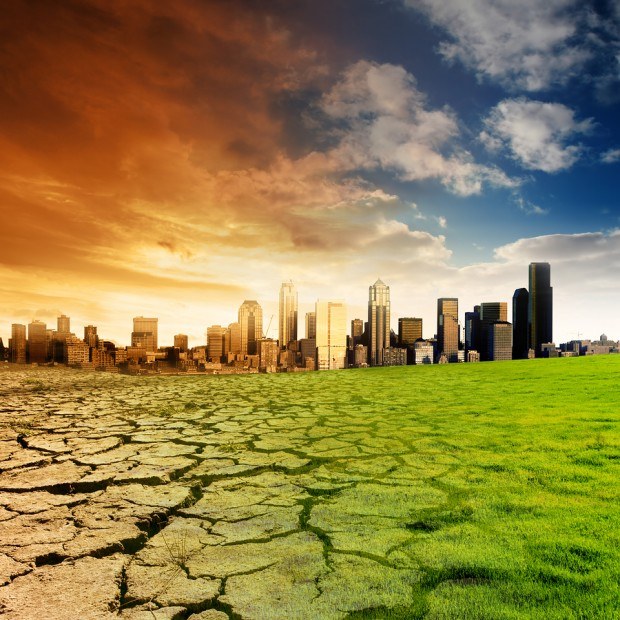Just days before global negotiators were set to meet for talks on climate change, Tropical Storm Erika killed at least 20 people on Dominica. The small Caribbean island evoked the tragedy to highlight divisions between industrialized nations and developing economies that will need to be bridged.
Negotiators started a round of technical negotiations in Germany on Monday, the penultimate meeting in a series of climate discussions before a gathering set for December in Paris, where they aim to reach a global deal. In Dominica, Erika on Aug. 27 destroyed houses and left many people missing, underscoring the differences in vulnerability for smaller nations, said the country’s envoy Lloyd Pascal.
“Suffering and loss of life due to climate change is very unevenly distributed,” Pascal told the envoys in Bonn, Germany, speaking on behalf of the ALBA trade and aid bloc, which includes Bolivia, Cuba, Ecuador and Venezuela. “We need a fair, comprehensive, balanced agreement.”
The Paris deal would be the first to wrest commitments from all 200 countries. It’s intended to build on the 1997 Kyoto Protocol, which required pollution reductions only in industrialized nations and set no limits for developing ones like China and India, where emissions have skyrocketed.
Still, developing nations insist it must respect the principle of “common, but differentiated responsibilities,” a phrase that dates back to the 1992 convention that governs the United Nation talks. Countries such as South Africa, China and India interpret it as placing the burden to act on the rich, while industrial countries say it’s being used by the developing ones as an excuse not to act.
Different ‘Vulnerabilities’
“Once again, one of us, the developing countries, the countries that did not generate climate change, the countries that are doing the most to reduce emissions, is standing here to call the attention on a tragedy that could have been avoided,” Pascal said. “Not all countries are equal. Responsibilities are different. Vulnerabilities are different.”
The points of contention also include rules on technology transfer and climate finance. Richer countries pledged to boost climate-related aid to $100 billion a year by 2020 and have only started providing a fraction of that. Developing nations want certainty on when that money will flow.
While political leaders across the globe have voiced support for an agreement, technical talks among national experts under the UN Framework Convention on Climate Change have been lagging. UN Secretary-General Ban Ki-moonand French Prime Minister Francois Hollande have called on the envoys to accelerate the negotiations.
The Europe Union said that countries were “far behind” where they needed to be before the Paris meeting.
“We do want an agreement, but we also want an agreement that is strong enough to prevent us from dangerous climate change,” said Tasneem Essop, a spokeswoman on climate policy for the environmental group WWF.





















 Premium Slowdown, Inflation Factors to Lead to Higher P/C Combined Ratio: AM Best
Premium Slowdown, Inflation Factors to Lead to Higher P/C Combined Ratio: AM Best  Teens’ First Year on the Road Most Deadly
Teens’ First Year on the Road Most Deadly  Telematics and Trust: How Usage-Based Insurance Is Transforming Auto Coverage
Telematics and Trust: How Usage-Based Insurance Is Transforming Auto Coverage  10 Do’s and Don’ts of a Smart ORSA Report
10 Do’s and Don’ts of a Smart ORSA Report 


